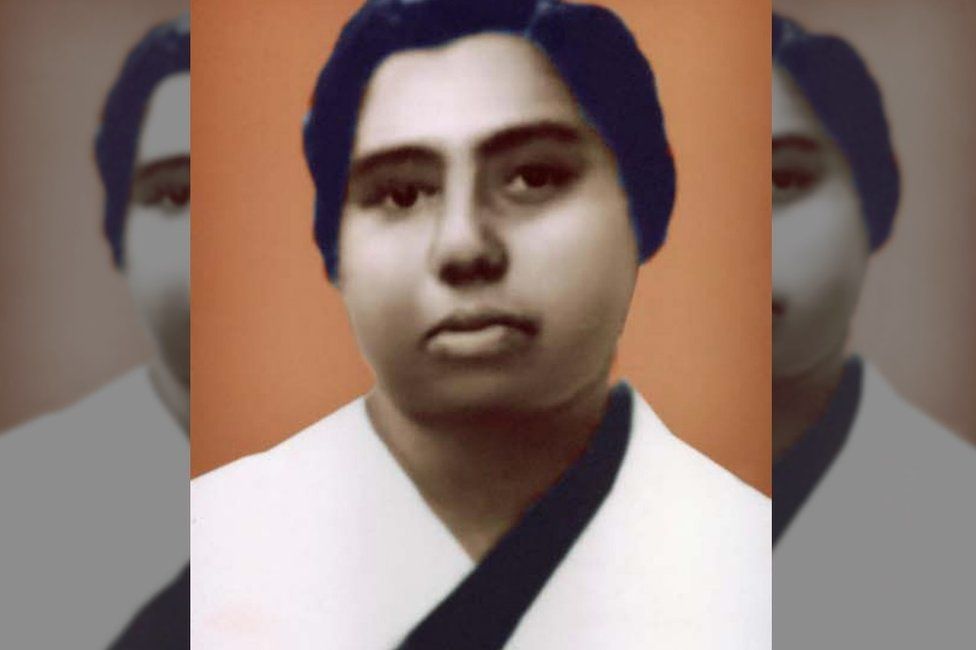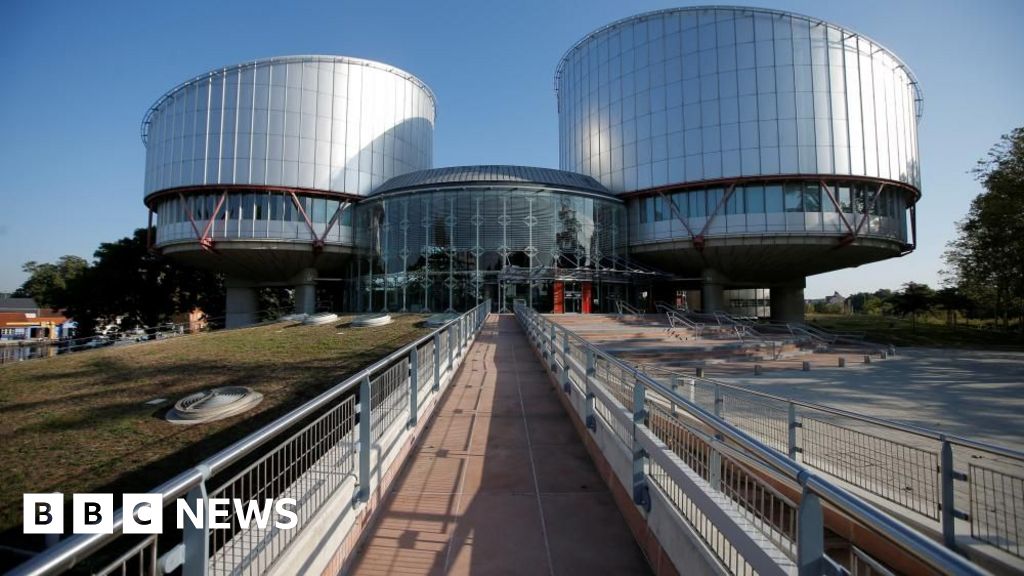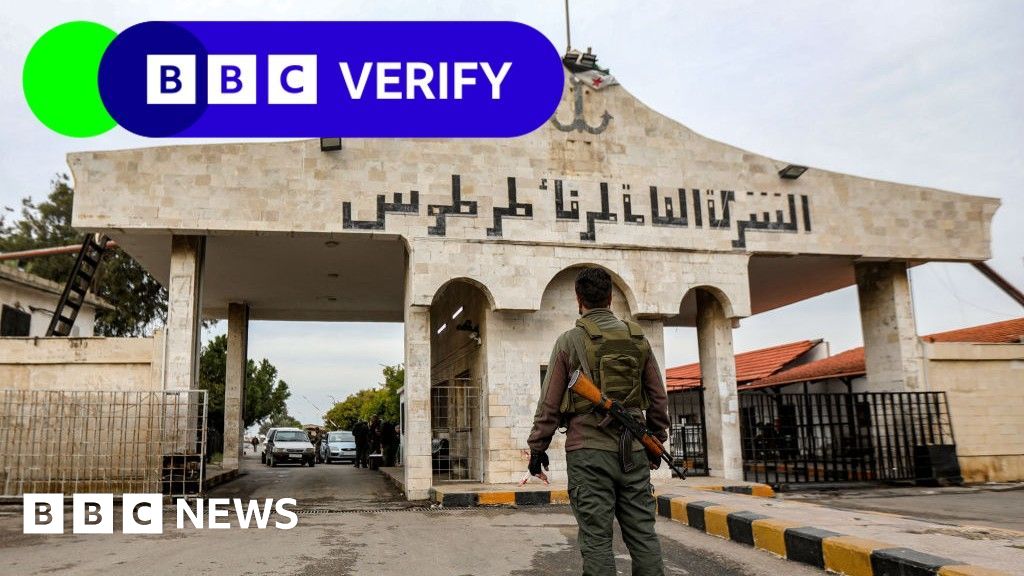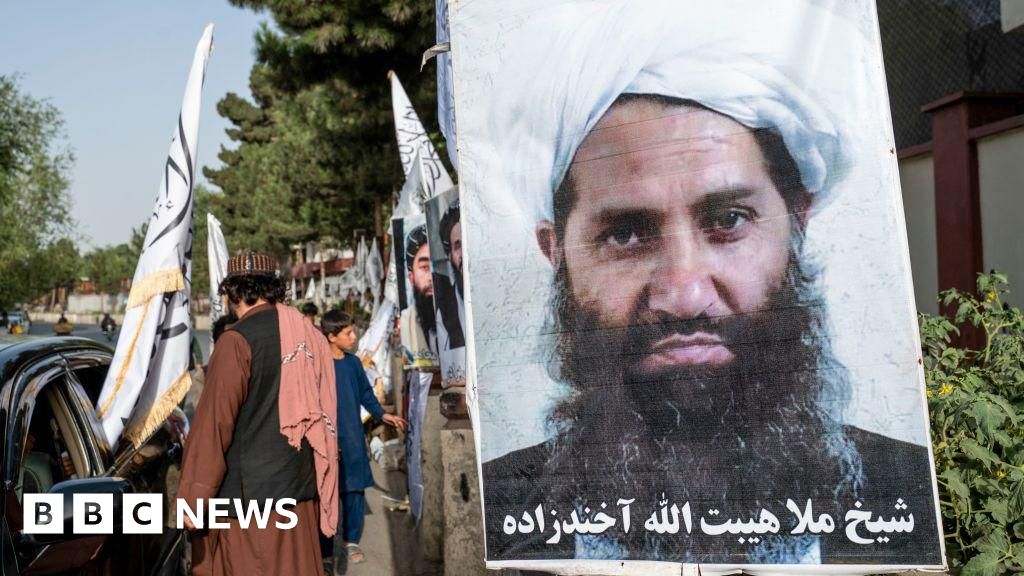ARTICLE AD BOX
By Meryl Sebastian
BBC News, Cochin
 Image source, Alamy
Image source, Alamy
Accamma Cherian gave up her job as a teacher to join the fight for independence
Accamma Cherian, a freedom fighter from the southern Indian state of Kerala, is best known for the valour she displayed during a mass protest rally she led in 1938.
Historians consider this protest rally a pivotal moment in the freedom struggle in the state of Travancore (now Kerala).
She is among many unsung heroes of India's freedom struggle whose names, over the years, have sunk into anonymity outside of their home state.
"For more than 15 years she was probably the toughest woman in public politics in Travancore and was at the forefront of the momentous people's struggle in Travancore in the pre-independence era," Kandathil Sebastian, a social scientist based in Delhi, wrote last year.
Cherian was born in 1909 to a wealthy agrarian Catholic family in Travancore. She studied history and went on to become a teacher, rising to the position of headmistress at a school in Edakkara town.
In 1938, inspired by Mahatma Gandhi, she gave up her job to join the Travancore State Congress (state unit of Gandhi's Indian National Congress) and fight for India's independence.
"Shakespeare has said that the world is a stage and that all the men and women are merely players; but to me, this life is a long protest," Cherian wrote in the introduction to her autobiography, Jeevitham: Oru Samaram (Life: A Struggle). "Protest against conservatism, meaningless rituals, societal injustice, gender discrimination against anything that is dishonest, unjust," she wrote.
"When I see anything like this, I turn blind, I even forget who I am fighting."
Cherian was just 29 and a few months into joining the freedom movement when the Travancore State Congress was declared illegal by the British government in India.
Image source, Chicago Radio/Motwane
Image caption,Cherian was inspired by leaders like Gandhi and Jawaharlal Nehru
After several leaders of the party were jailed, its 11th president, Kuttanad Ramakrishna Pillai, tasked Cherian with leading the party before he was also arrested.
In her autobiography, Cherian wrote, "I was aware of the seriousness of the assignment and knew what the consequences could be, yet I volunteered to do the job."
Under her leadership, a union was formed to mobilise people for a mass protest rally.
On 23 October 1938, tens of thousands of people gathered outside the royal palace in Travancore, led by Cherian and other leaders, to disrupt the birthday celebrations of the princely state's king and demanded a recall of the ban on the Congress party in the state.
EM Kovoor, a well-known writer from Kerala, described Cherian as "standing in an open jeep, dressed in khaddar (Indian hand-spun fabric) and a Gandhi cap, like Goddess Durga crushing beneath her feet evil and injustice; her hair played in the wind like black flags hoisted against autocracy".
"I am the leader; shoot me first before you kill others," Cherian said to the chief of police outside the palace after he ordered his men to shoot at the thousands of protesters who had gathered behind her.
Her words are said to have compelled the police chief to withdraw his order. The protest continued until the government agreed to release the prisoners.
Jhansi Ki Rani (Queen) of Travancore
India's independence leader Mahatma Gandhi heard of the incident later and dubbed her "Jhansi Ki Rani (Queen) of Travancore". (Lakshmibai, Rani of Jhansi, was a queen in northern India who fought against the British and became a heroine of India's 1857 Rebellion).
The same year, under the direction of the Congress party, Cherian organised the Desasevika Sangh - a volunteer corps for women - and travelled across the state to encourage women to join the fight for freedom.
By this time, Cherian's sister, Rosamma Punnoose, and brother KC Varkey had also joined the freedom struggle.
In 1939, Cherian and Punnoose were among several leaders who were arrested for participating in the state Congress's first annual conference.
In the following years, Cherian was arrested several times for violating prohibitory orders and participating in protests.
In 1942, she became the acting president of the state congress. One of her first acts was to welcome the Quit India resolution passed by Indian National Congress at a session in Bombay (now Mumbai).
The resolution called for complete independence from British rule and marked the beginning of a large-scale non-violent struggle across the country.
Image source, Getty Images
Image caption,At the 1942 All India Conference Committee Session the Quit India Resolution was passed, calling for India's independence from British rule
Post-independence, Cherian attempted to chart a path in active politics. In 1947, she was elected as a lawmaker in the first free election held in the state of Travancore.
In the 1950s, however, she quit the Congress party after she was denied a ticket to parliamentary elections in India.
The then-president of the state congress committee said women in Travancore were already "empresses of the home" and that politics was not their space.
In her autobiography, Cherian noted that women like her who had been at the forefront of the freedom struggle were later side-lined in the party and looked over for important roles in independent India.
Cherian went on to marry a fellow freedom fighter and party worker, VV Varkey Mannamplackal.
"When I used to visit them, they lived in a small house which had more books than furniture. I remember her grace and Varkey's soft-spoken scholarship. It was evident why they had to quit politics," writer Paul Zacharia wrote in 2007.
Historian J Devika has called Cherian one of the first-generation feminists of the state.
The freedom fighter died in 1982 in the state capital, Thiruvananthapuram (formerly Trivandrum). A statue built in her memory stands in a park named after her in the city.
India, the world's largest democracy, is celebrating 75 years of independence from British rule. This is the seventh story in the BBC's special series on this milestone.
Read more from the series here:

 2 years ago
23
2 years ago
23








 English (US) ·
English (US) ·